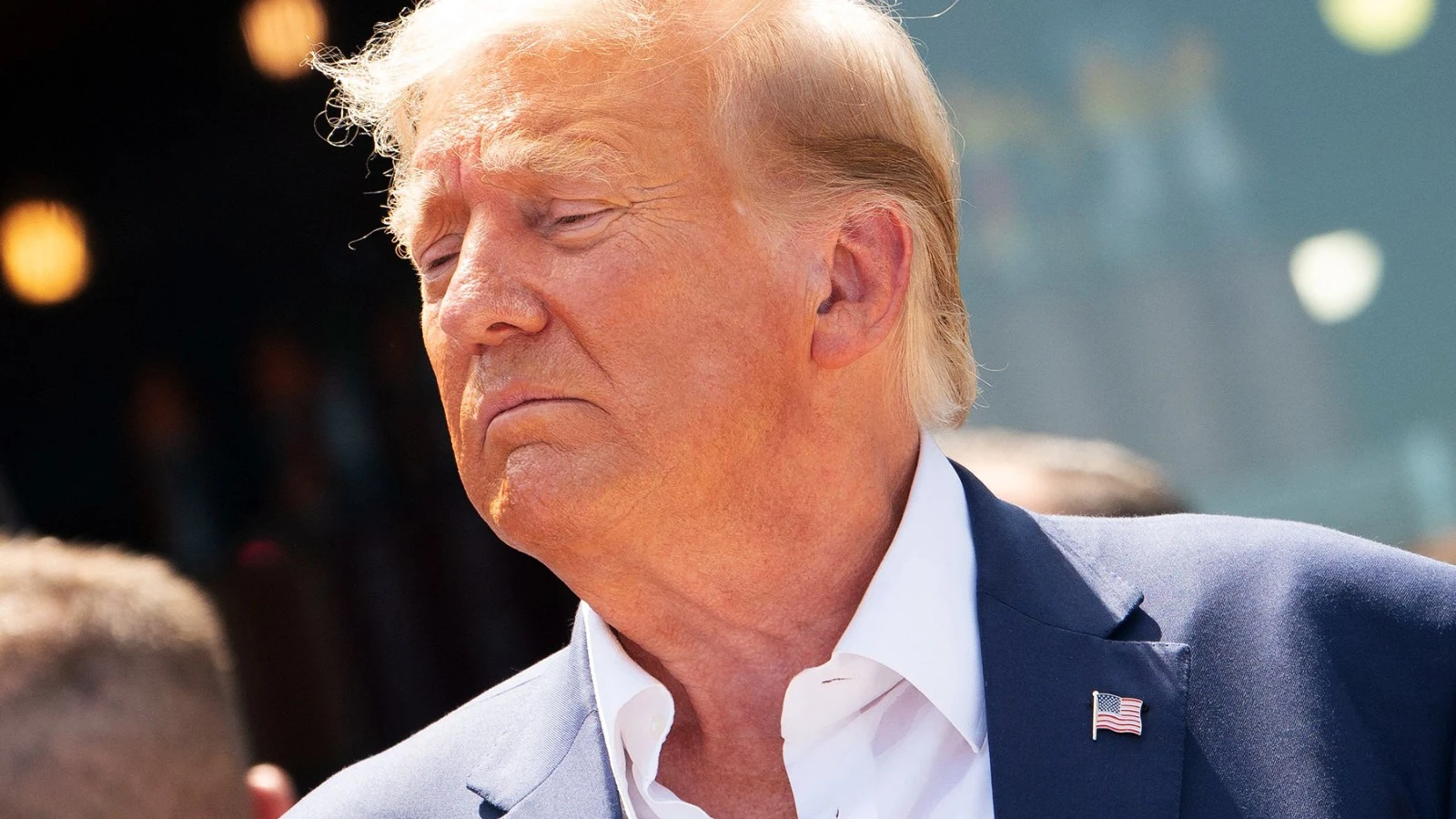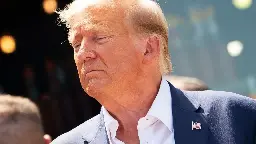Trump: ‘I’m Allowed to Do Whatever I Want’ With Classified Info
Trump: ‘I’m Allowed to Do Whatever I Want’ With Classified Info

Trump: 'I'm Allowed to Do Whatever I Want' With Classified Info

DONALD TRUMP SAID he “absolutely” plans to testify in the federal government’s case against him regarding classified documents he removed from the White House. “I’m allowed to do whatever I want … I’m allowed to do everything I did,” the former president told conservative podcast host Hugh Hewitt.
In an interview on “The Hugh Hewitt Show” that dropped Wednesday, the host asked Trump, “Did you direct anyone to move the boxes, Mr. President? Did you tell anyone to move the boxes?” referring to the boxes of more than 300 classified documents the federal government seized last year from Trump’s Mar-a-Lago estate.
“I don’t talk about anything. You know why? Because I’m allowed to do whatever I want. I come under the Presidential Records Act,” Trump replied, while also taking a quick detour to bash Hewitt. “I’m not telling you. You know, every time I talk to you, ‘Oh, I have a breaking story.’ You don’t have any story. I come under the Presidential Records Act. I’m allowed to do everything I did.”
